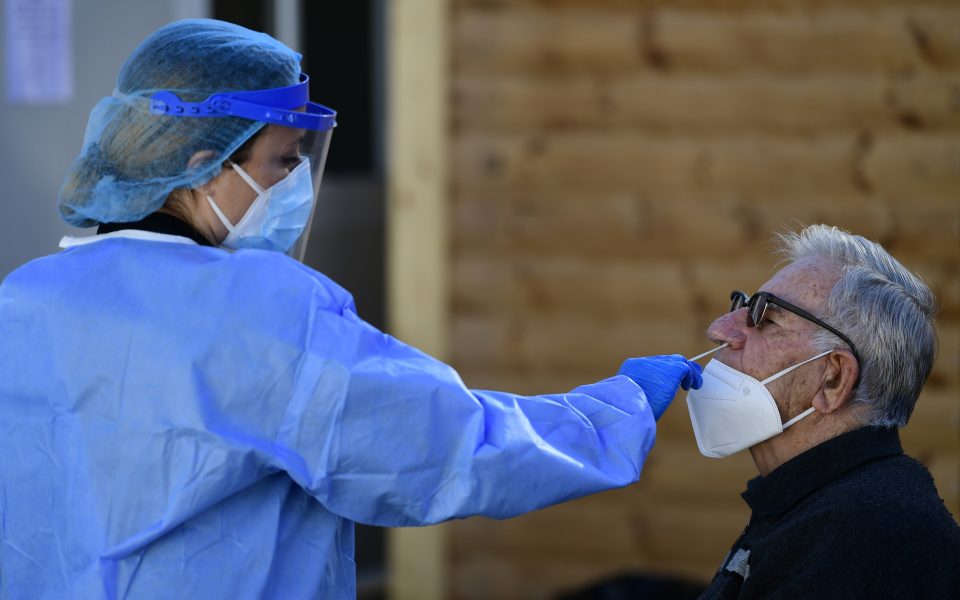The price of PCR tests

The Piraeus Bank employees’ association has been providing its members and their families with molecular (PCR) tests since September – when their retail price was 60-70 euros – at a price of 25 euros each, reaching 15,000 people.
The Municipality of Sykea in Thessaloniki has procured about 6,000 tests at the price of 27 euros for its employees and local residents. The Municipality of Halandri in Athens was also provided with approximately 1,200 tests for its employees and for vulnerable categories of municipal residents, at a price of 25 euros each.
Does that tell us anything? Is it trivial and rightly downgraded, silenced or ignored in public debate?
I have three remarks:
(a) If a municipality manages to secure a price of 25 euros for a small order, e.g. 1,200 tests, one can easily imagine what low prices the diagnostics industry and other private companies secure, when they order tens or hundreds of thousands of tests.
(b) If the aforementioned deals were secured when the Ministry of Development had left retail prices unchecked or when, until recently, it had set the maximum price at 60 euros or, more recently, 47 euros, you can easily imagine how profitable it is for all these companies to conduct Covid tests.
(c) Furthermore, if a union of workers or a mayor, who procure a few thousand tests, can achieve a price of 25 euros per test, it is worth considering how much lower prices the state could secure, if it were negotiating the supply of millions of molecular tests.
During this time, the rising costs are eroding people’s purchasing power in general and plundering the incomes of the poorest households in particular. They are the same households that came out very weakened from the 10-year debt crisis, were affected in by the Covid-19 crisis, and are now forced to pay the consequences of inflation while remaining unprotected. A safeguard would be to raise the minimum wage in a timely manner. But what is happening instead?
In Germany, the new government will increase the minimum wage more than previously agreed – about 12% instead of 10%. In Portugal, Poland, the Czech Republic and Romania it has increased by 6% or more since January 1. In France (which has one of the highest in the Organization for Economic Cooperation and Development) it is growing along with inflation. In Britain, it will increase by 6.6% in April.
In Greece, with the “unprecedented growth,” the minimum wage rose just 2% and will remain there until it raises again by 6% in May – having, in the meantime, lost most of its purchasing power. In these circumstances, this negligence and indifference toward the weakest seem even more cruel. Molecular tests are only one example.
Right now, the state has been caught napping. The government is not even considering intervening in the market (it is known that some of its members shudder at the idea) to ensure cheap prices for the majority of citizens. On the other hand, the Ministry of Development, by setting the maximum prices at 47 euros, made sure they were such as to prevent any proper competition that would have decisively suppressed the prices. The price was set, not by taking into consideration the interest of the consumer, but, as the ministry explained, by making sure it left a profit to the small, non-viable diagnostic centers.
In this environment, the Ministry of Development, the Competition Commission, government agencies, insurance funds – all of them are standing by while a large income redistribution is taking place for the benefit of the few, to the detriment of the majority. Is it an economic problem? Possibly a problem of democracy too.





